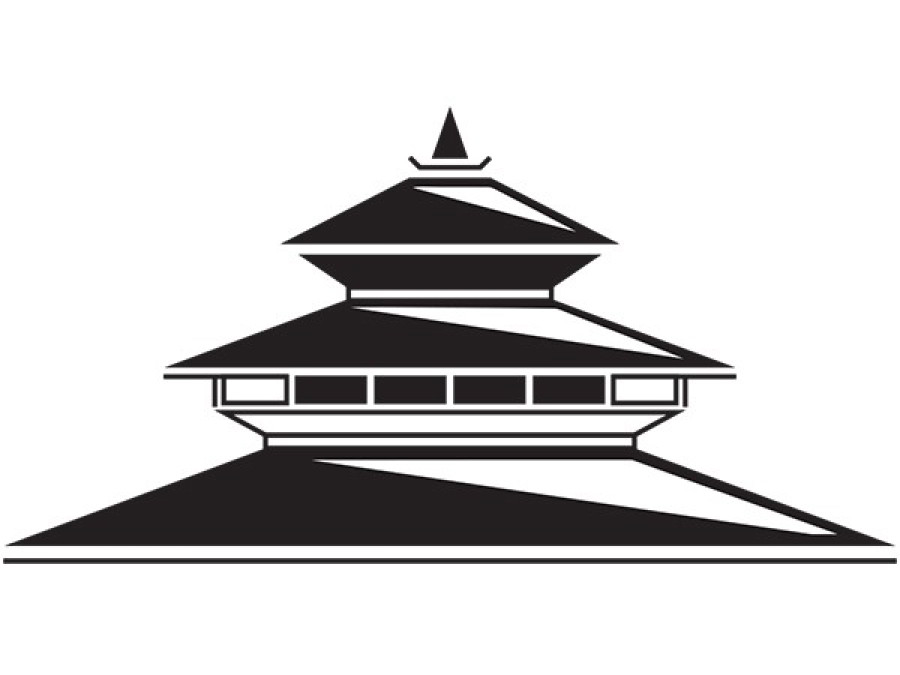Editorial
Safe space
Public protests in support of Dr KC is an expression of a democratic society
The government has registered the National Medical Education Bill at the parliament secretariat in the same form that had previously been rejected after protests by Dr Govinda KC and others. This has caused a major public outcry. The new bill completely disregards the recommendations of the Mathema Commission, which had been formed to undertake a thorough analysis of the medical education sector.
The most objectionable aspect of the bill has to do with the formation of new medical colleges in Kathmandu. The Mathema Commission had recommended and, an earlier ordinance had included, a prohibition on the establishment of new medical colleges in the capital for the next ten years. The rationale was that there were already too many medical colleges here, most of them were providing sub-standard education and their owners were interested only in profiteering from the high fees that students were charged.
A widespread consensus had emerged that the unbridled growth of for-profit medical colleges had damaged the medical education as a whole. It was recognised that regulations were necessary to ensure the spread of colleges to other parts of the country and the quality of the education provided. The National Medical Education Bill was supposed to fulfil these functions.
But the bill that has been registered in parliament not only fails to do this, it appears to be blatantly in favour of the profiteering medical industry. And with this, the ruling Nepal Communist Party (NCP) has revealed that it is more interested in making money for its own members than in the broader interest of the population.
For, it is clear that the main reason why the party is intent on passing this law is because its own members have private interests in newly proposed institutions such as the Manmohan Medical College and the National Medical College in Kathmandu, as well as the B&C Medical College in Jhapa. What is particularly shameful is that the government has tried to prohibit protests against the bill, by taking Dr Govinda KC into detention in Jumla as well as arresting his supporters from Maitighar Mandala in Kathmandu.
The government’s arrogance is based on its two-third majority. But it is heartening that opposition from civil society has been emerging. The Supreme Court has issued an interim order against the prohibition of protests in the capital. The Nepali Congress has for once started strongly speaking out in Dr KC’s favour. It has been demanding a discussion on the issues raised by KC in Parliament. Various senior civil society leaders have also spoken out against the bill.
It will be important for all sections of the society to speak out against the bill and demonstrate to the government that while it has a strong majority, it will not be allowed to do things that are blatantly against the broader interest. Collectively, the protests against the bill also serves a highly symbolic political function: the citizenry is wary of the government attempt to stifle the democratic safe space.




 9.7°C Kathmandu
9.7°C Kathmandu














